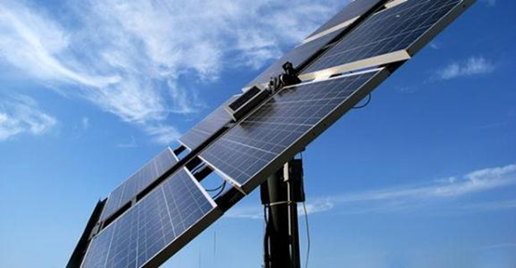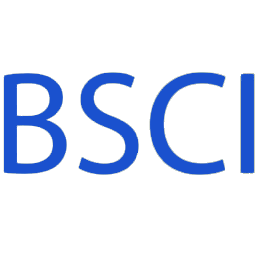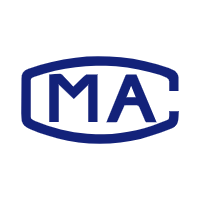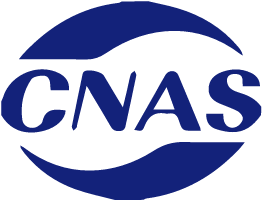
basic introduction

Solar energy is one of the most environmentally friendly and easily accessible energy sources in the 21st century. Along with global warming, energy shortage and global concern for environmental protection, the research of solar cells and the development of the entire photovoltaic industry have received attention and support from various countries. The entire photovoltaic industry has entered a period of rapid development since the 1990s. In recent years, due to technological advancement and the introduction of policies by governments of various countries (such as Germany promulgating the "Renewable Energy On-grid Electricity Price Law" supporting the "full-network flat" as early as 2000), the speed of solar cells and photovoltaic modules has been further accelerated Rapid development.
Solar power generation system is a device that directly converts light energy into electrical energy through photoelectric effect or photovoltaic chemical effect. It is composed of solar cell, controller, battery (group) and inverter (if the output power is 220 V or 110 V).
Among them, the solar panel is the core of the solar power generation system. According to the different materials used, it can be divided into: silicon solar cells (three types of monocrystalline silicon solar cells, polycrystalline silicon thin film solar cells and amorphous silicon thin film solar cells), multiple There are four categories of compound thin film solar cells, polymer multilayer modified electrode type solar cells, and nanocrystalline solar cells. Silicon solar cells are the most widely used because of their early development, relatively mature technology, and high photoelectric conversion rate. The multi-component thin-film solar cell has rapid development momentum in recent years due to less materials, small weight, smooth appearance and convenient installation, and has great development potential.
It is worth noting that batteries (groups) will also be used in the solar power generation system. Its function is to store the electrical energy released by the solar panels when there is light, and then release it when needed. The batteries (groups) currently used are generally lead-acid batteries. There is no doubt that lithium batteries will slowly replace lead-acid batteries.
Solar product testing and certification
Test whether flat plate and vacuum tube collectors comply with European standard EN 12975 and SRCC standard 100
Reliability and performance testing and manufacturing site inspection
Evaluation of outdoor weather resistance tests in Germany and Italy
pressure test
Temperature test
Test whether the performance of the warm water storage tank complies with the European standard EN 12977-3
Inspection of endothermic materials and internal thermal shock test
Inspection of standardized systems
Performance and quality testing of integrated heat storage and heat flow systems based on European standard EN 12976
Inspection of customer-specified systems
Collector, regulator and storage system testing based on European pilot standard ENV 12977 (including component test system simulation)
Single test of solar products
Impact strength
Cyclic pressure and tension
Testing of materials in the climate room: frost resistance
Material testing in the UV chamber
Temperature recording studies using infrared cameras
Safety and reliability verification of electrical components
Our advantage
1. With a professional qualification and experienced expert technical team, we can provide you with professional consultation and services.
2. Have advanced laboratory equipment to ensure the accuracy and reliability of test data.
3. As a third-party testing and certification organization trusted by customers worldwide, we are your certificate of quality.


BSCI certification is an abbreviation of BusinessSocialComplianceInitiative, and Chinese is called business social standard certification. BSCI is an organization that advocates the business community to abide by social responsibility. At the same time, it is a non-profit organization.

CMA, the name is \"China Metrology Accreditation\", the abbreviation of \"China Metrology Accreditation\" in English. According to the provisions of Article 22 of the Metrology Law of the People’s Republic of China: “The product quality inspection agency that provides notarized data to the society must be evaluated by the metrological administrative department of the people’s government at or above the provincial level for the capability and reliability of metrological verification and testing. Qualified.\"

Laboratory accreditation is a third-party certification that CNAS has the ability to perform specific testing and calibration work for testing and calibration laboratories.
Solar energy is one of the most environmentally friendly and easily accessible energy sources in the 21st century. Along with global warming, energy shortage and global concern for environmental protection, the research of solar cells and the development of the entire photovoltaic industry have received attention and support from various countries.
Get a quote